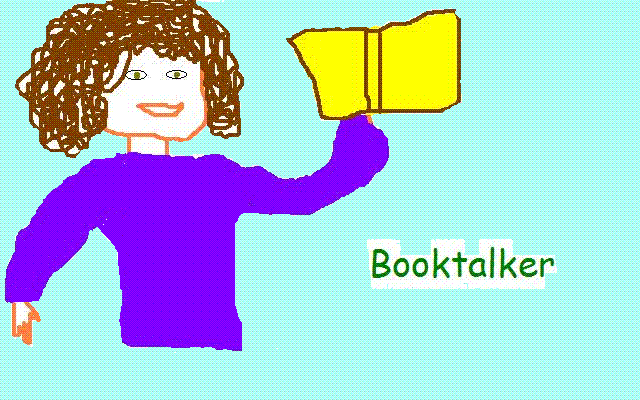| Bootkalk
#1
Why don't you just go home?
Can't. Mother's new husband is still there. Can't. Mother
threw me out. Can't. Don't want to talk about it. Can't
get there from here. So here they are. Street kids. Trying
to take care of each other when they can't even take care of themselves.
They are cold, dirty, hungry and hopeless. Society doesn't care about
them. They are throw away kids. But you will care about them
by the end of this book. Get to know Maybe and Tears and Rainbow
and Jewel and the others as they form a tribe and try to survive on the
streets of New York City.
Booktalk #2
This novel about runaway teens
on the streets of New York , a group ignored by society, does not hold
anything back. As the loosely knit band struggles to survive, a girl with
the street name "Maybe" narrates the cruel realities of hunger, drug abuse,
HIV, prostitution, and death. Displaying distinct personalities but dependent
on one another for food, shelter, and money, each teen has fled intolerable
abuse at home, evoking sympathy from readers. Throughout the book, scenes
of begging, abuse, despair, and oddly, the freedom of life on the streets
will grab readers and not let go. Maybe refuses help from adult authority
but is drawn to the kindness of a public librarian, perhaps because they
both have a splotchy skin disorder called vitiligo. News articles of anonymous
teens found dead (readers are aware of the circumstances behind each death)
expound the book's powerful message. Each runaway vehemently guards his
or her identity, but tough postures are slowly peeled away, revealing the
hurt of the child. Many adult characters are depicted as either overly
helpful or extremely brutal. Librarian Anthony in particular rushes too
fast to protect the teens, offering food and use of his office without
logically reporting the situation to professionals. That aside, the book
is gritty and harsh, and urban teens will love it, being drawn into the
story from early on when a cop warns members of the tribe, "You don't have
a chance." Recommended with caution for the younger end of the suggested
age group because of mature thematic content, however mature language is
not an issue. (Prepared by: Kay Horton, SCASL
Young Adult Book Awards) |
